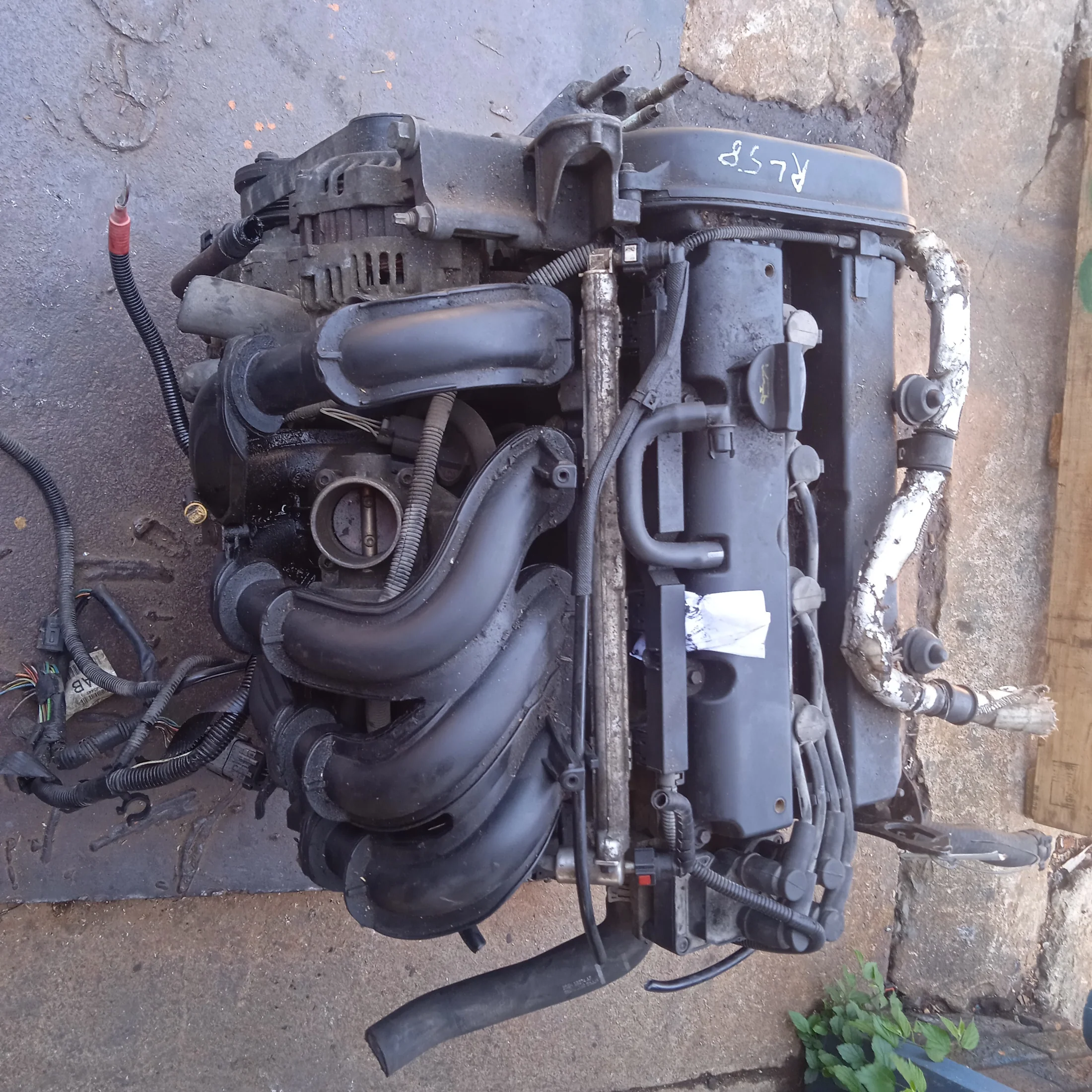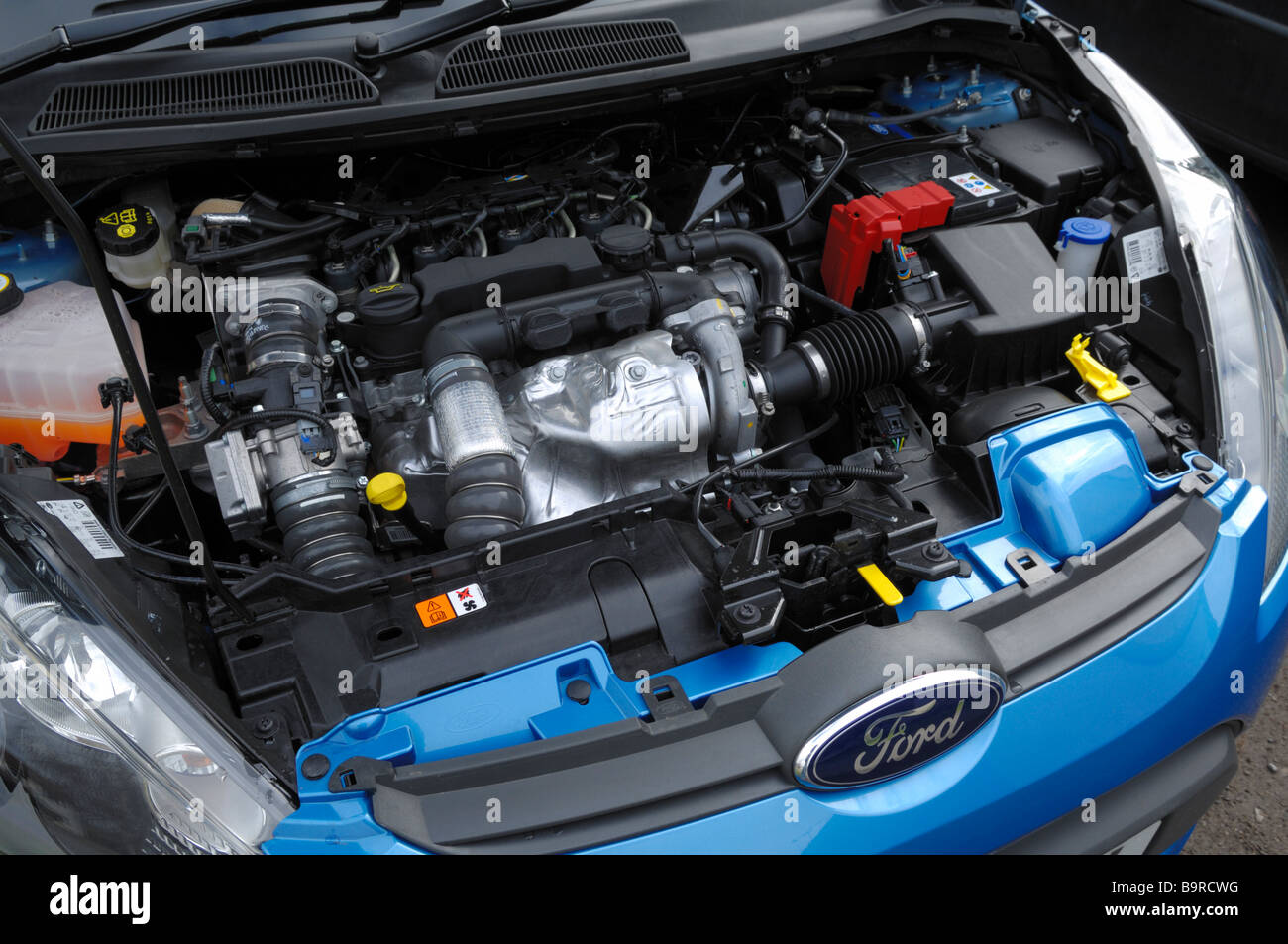Upgrade Your Ford Fiesta Engine for Better Fuel Economy and Power
Opening the Power of Engines: A Comprehensive Overview to Performance and Effectiveness
Comprehending the detailed auto mechanics of engines is crucial for both efficiency fanatics and daily drivers. The solutions might redefine our strategy to engine efficiency and performance in ways that are both informing and vital.
Understanding Engine Basics
What makes up the basic mechanics of an engine? At its core, an engine is an equipment created to convert fuel into mechanical energy through a series of controlled explosions or burning processes.
The crankshaft after that changes this linear motion into rotational energy, which inevitably powers the vehicle. The camshaft regulates the opening and closing of the shutoffs, managing the intake of air and gas and the expulsion of exhaust gases. Furthermore, the engine depends on a thoroughly adjusted fuel-air combination, ignition system, and cooling down system to guarantee optimum performance and performance.
Comprehending engine basics likewise involves identifying the value of engine cycles, such as the four-stroke cycle, which includes intake, compression, power, and exhaust strokes. Each phase is crucial in making sure the engine functions smoothly and successfully. Mastery of these fundamental auto mechanics lays the foundation for discovering more complicated engine characteristics and performance metrics, crucial for optimizing both power outcome and effectiveness.
Secret Performance Metrics
Key performance metrics are crucial for evaluating an engine's effectiveness and power output, supplying important understandings for both producers and consumers. These metrics serve as criteria for engine performance, enabling for informed decisions in manufacturing, purchasing, and design.
One of the key metrics is horse power, which evaluates the engine's capacity to do job over time. Torque, determined in pound-feet, is an additional vital metric that shows the engine's rotational pressure, straight influencing velocity and hauling capacity. Fuel efficiency, commonly determined in miles per gallon (MPG) or liters per 100 kilometers (L/100km), assesses how effectively the engine transforms gas right into movement, affecting environmental factors to consider and operational costs.
In addition, thermal effectiveness steps how well an engine converts fuel energy into valuable job, disclosing insights into energy losses largely through heat. Exhaust degrees, consisting of carbon dioxide and NOx, are also crucial, showing the engine's environmental impact and conformity with governing standards.

Tuning Strategies for Efficiency
Tuning methods play a significant duty in enhancing engine effectiveness by enhancing performance metrics determined in earlier conversations (ford fiesta engine). Various methods exist to tweak an engine, each adding to enhanced fuel economic situation and minimized emissions
One reliable method is changing the air-fuel proportion, ensuring the engine runs within the optimal combustion routine. A leaner blend can improve fuel efficiency, click this site but it needs to be stabilized to avoid misfires or engine knock. Additionally, reprogramming the engine administration system can rectify parameters such as ignition timing, which even more boosts performance while preserving power output.
One more vital technique involves modifying the consumption and exhaust systems. Upgrading to high-performance air filters and exhaust headers can lower back pressure, assisting in better airflow. This permits the engine to take a breath even more freely, resulting in boosted burning efficiency.
Additionally, the implementation of innovative adjusting devices, like dyno testing, supplies exact data that enables targeted adjustments. Routinely keeping an eye on these efficiency metrics makes certain that adjusting initiatives yield the preferred effectiveness outcomes. Collectively, these strategies not only reinforce engine efficiency yet also add to long-term sustainability in engine operations.
Maintenance for Optimal Performance
Routine engine upkeep is crucial for attaining optimal efficiency and longevity. A properly maintained engine not only operates effectively but likewise reduces the danger of pricey repair work and malfunctions. Key elements needing normal focus consist of oil, filters, belts, and spark plugs.
Changing the engine oil at advised intervals is essential, as oil lubes see it here relocating components and avoids overheating. Similarly, replacing oil and air filters makes certain that impurities do not harm engine feature. Overlooking these parts can result in reduced performance and possible engine damages.
Additionally, examining and changing worn belts and hoses is crucial to avoid unexpected failings. Timing belts, in specific, need to be replaced according to the producer's schedule to stay clear of disastrous engine damage.
Ignition system must additionally be checked and replaced as needed, considering that they play a critical role in ignition and gas effectiveness.
Future Fads in Engine Modern Technology
Accepting advancements in technology, the future of engine layout is positioned to revolutionize performance and performance throughout different applications. Hybrid and completely electrical powertrains are ending up being significantly mainstream, offering reduced exhausts and enhanced fuel performance.
In addition, advancements in products scientific research are resulting in lighter, more powerful elements that enhance engine performance while decreasing energy usage. Advanced manufacturing methods, such as 3D printing, enable the production of intricate geometries that enhance air movement and go to my blog thermal management, thus optimizing combustion processes.
Additionally, the combination of fabricated knowledge and machine understanding is readied to change engine diagnostics and efficiency tuning. These technologies can examine huge quantities of data in real time, making it possible for anticipating maintenance and tailored performance enhancements.
Final Thought
In conclusion, opening the power of engines requires a thorough understanding of their auto mechanics and efficiency metrics. Carrying out effective adjusting methods and sticking to routine upkeep techniques dramatically improve engine capabilities.
Furthermore, the engine relies on a meticulously calibrated fuel-air mix, ignition system, and cooling down system to make certain ideal performance and efficiency.
Recognizing engine fundamentals also includes identifying the significance of engine cycles, such as the four-stroke cycle, which consists of intake, power, exhaust, and compression strokes. Mastery of these essential mechanics lays the foundation for discovering more complex engine dynamics and efficiency metrics, essential for enhancing both power outcome and effectiveness.

Welcoming advancements in innovation, the future of engine style is positioned to change efficiency and effectiveness across different applications.